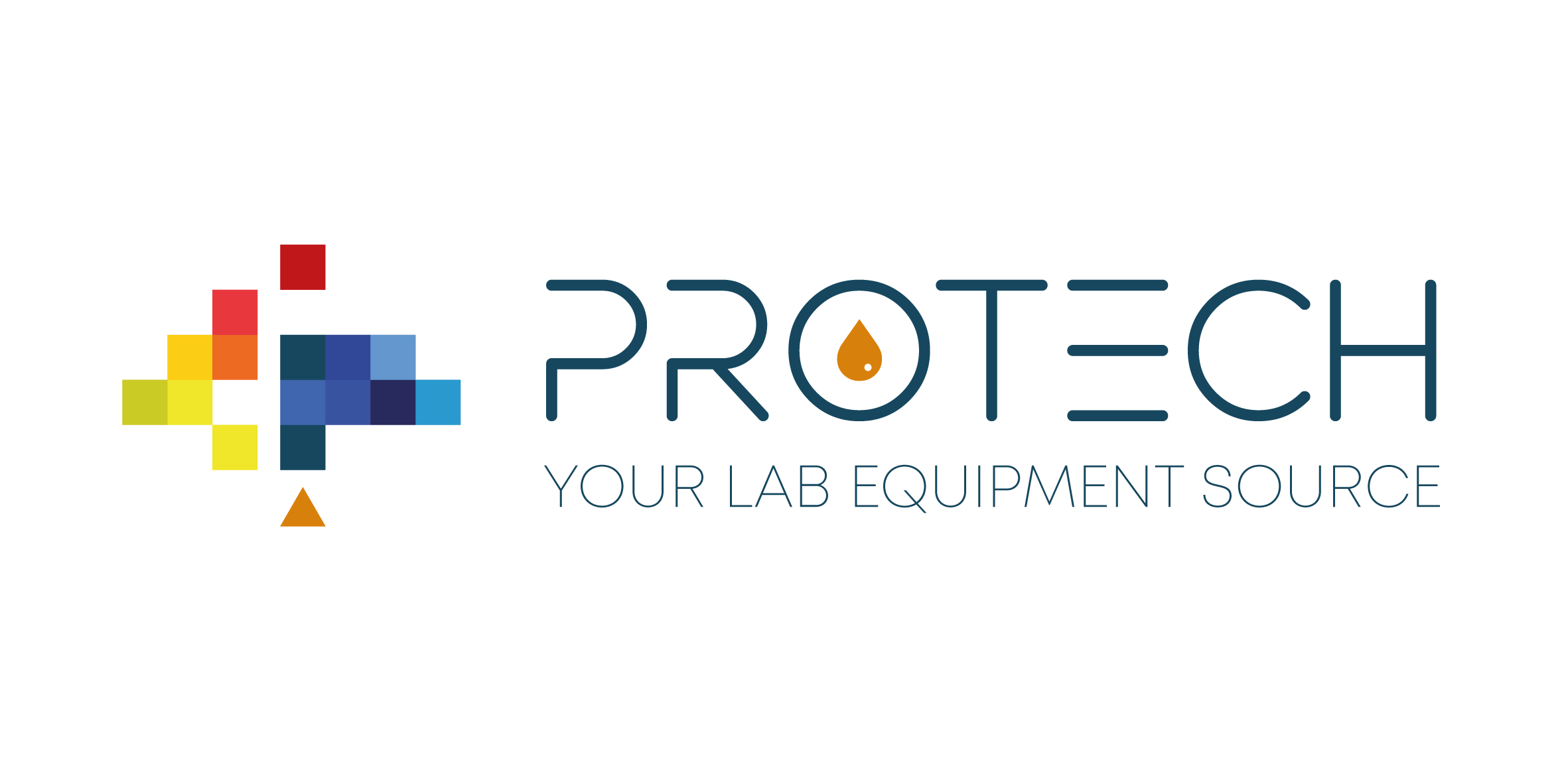Oftentimes it is beneficial for an oil laboratory to buy equipment specifically designed for lubrication oil analysis. For instance, ICP can be used to determine elemental analysis of metals in lube oils, but an ICP typically requires a steady flow of helium and argon gases, which can be quite expensive. Buying an Optical Emission Spectrometer, which requires no special gases or fume hoods, can greatly lower the cost of elemental analysis.
Particle counting is another area where a system dedicated to oil analysis makes sense. The LNF is a laser-based particle counter that can classify particles into categories such as dirt, sliding wear and fatigue wear. This offers clues as to where these particles are coming from. In addition, the LNF has an optional ferrous monitor that reports the total ferrous content of the oil in ppm and also gives a distribution of ferrous particles by size.
Typical Tests
Commercial oil laboratories almost always provide the following:
- Testing for elemental content to determine wear metals, contaminants and additives
- FT-IR analysis to determine lubricant degradation and second phase fluid contamination (i.e., water, fuel, or glycol)
- Viscosity testing
- Particle counting to determine contaminant and wear particle levels
- Ferrographic analysis if routine tests show problems or for extremely critical components
Additionally, commercial oil laboratories sometimes offer the following:
- TAN, Total Acid Number, a chemical titration to measure oil acidity
- TBN, Total Base Number, a chemical titration to measure remaining neutralizing ability of the oil
- KF, Karl Fischer water, an electrochemical cell procedure that quantifies water to ppm levels
- GC, gas chromatography, to precisely measure fuel in oil
- RULER, Remaining Useful Life, a measure of an oil’s ability to resist oxidation
- RBOT, Rotating Bomb Oxidation Test, another way to measure oil’s ability to resist oxidation

